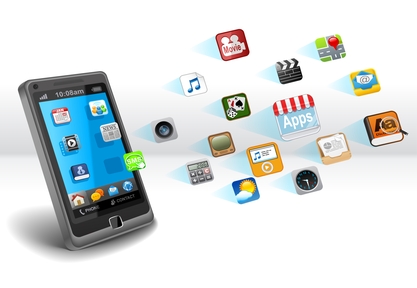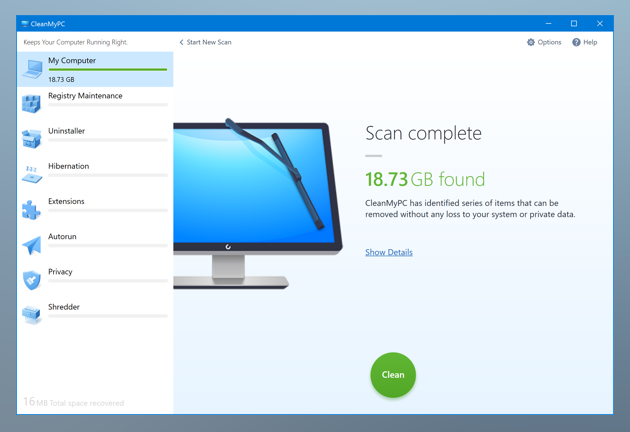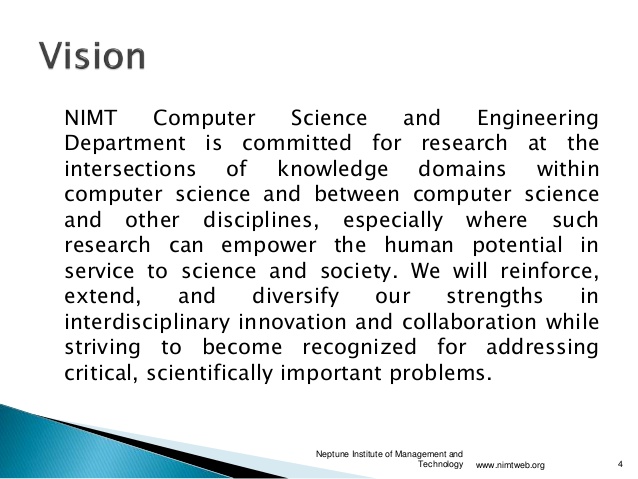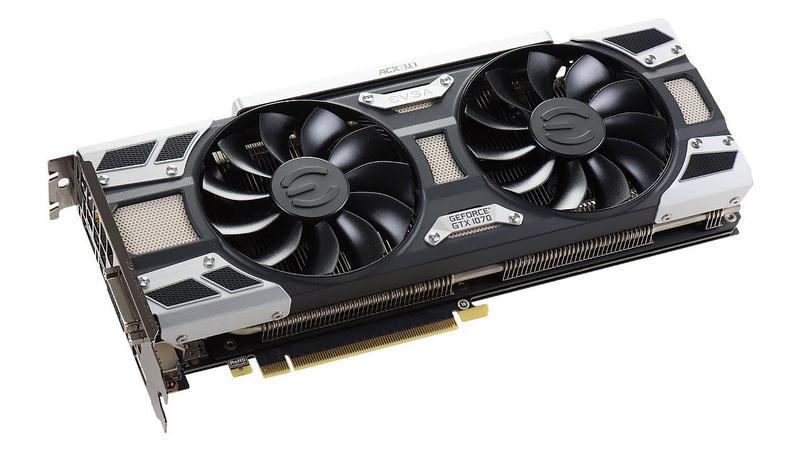Mobile Computer Technology
Mobile technology
Mobile technology is the technology used in cellular communication. CDMA (Mobile Code Division Multiple Access) technology has evolved rapidly in recent years. Since the beginning of this millennium, a standard mobile device has gone from a simple two-way pager to a mobile phone, a GPS navigation device, a fixed web browser, an instant messaging client and a portable gaming console. Many experts say the future of computer technology lies in mobile computing with wireless networks. Mobile computing with tablets is becoming more and more popular. Tablets are now available on 3G and 4G networks.
4G Network
One of the most important features of 4G mobile networks is the predominance of high-speed packet transmissions or bursts of traffic in the channels. The same codes used for 2G / 3G networks are applied to 4G wireless or wireless networks. Recent studies have indicated that the traditional multi-layer network architecture based on the Open Systems Interconnection (OSI) model may not be suitable for the 4G mobile network, in which short packet transactions will be the vital part of the traffic within the network. channels. Since the packets of different mobiles bear totally different channel physiognomies, the receiver has to execute all the required algorithms, such as channel estimation, interactions with all the upper layers, etc., within a limited time.
5G networks
In five years (that is, in 2020), humanity will be surrounded by faster, more powerful wireless networks. Currently, the networks that drive our smartphones and Internet-based connected devices are mainly based on 3G and 4G technologies. However, the fifth-generation, more efficient technology, called 5G, is coming, and it promises to bring us higher.
5G is considered essential for the “Internet of Things” (IoT), the name given to the idea of encompassing just about anything on the Internet. Billions of sensors will be integrated into cars, home appliances, health monitors, security systems, door locks and wearable devices. The analyst firm Gartner predicts that the number of networked devices will grow from around 5 billion in 2015 to 25 billion in 2020.
According to Femi Adeyemi, senior mobile architect at Fujitsu. We will have labels to let us know where our children are, and once they get home, the cars will be managed independently along the highways.
In addition, 5G networks will be about 20 times faster than 4G networks. This speed opens new fascinating abilities. Autonomous cars can make urgent decisions. Video conversations will give the illusion of feeling all in one room. And cities will be able to monitor congestion, parking demands and pollution levels – and send that data to your smart vehicle in real time or to any smart device used for surveillance purposes.
In terms of data transmission speed, the International Telecommunication Union (ITU) has decided that the 5G compliant network will need data rates of up to 20 Gbps (gigabits per second), which is 20 times faster than the specifications of 1 Gbps for the 4G networks. With 5G networks, it will open up access to higher 4K video content resolution as well as holographic technology via mobile networks. The 2018 Olympic Winter Games in PyeongChang will provide a demonstration of 5G technology in action.
Operating systems
Different types of mobile operating systems are available for smartphones, including Android, iOS, Blackberry, WebOS, Symbian, Bada and Windows Mobile. Among the most popular, there are the iPhone and Android Apple. The Android mobile operating system developed by Google is the first fully open mobile operating system, which means it is free for all mobile networks.















